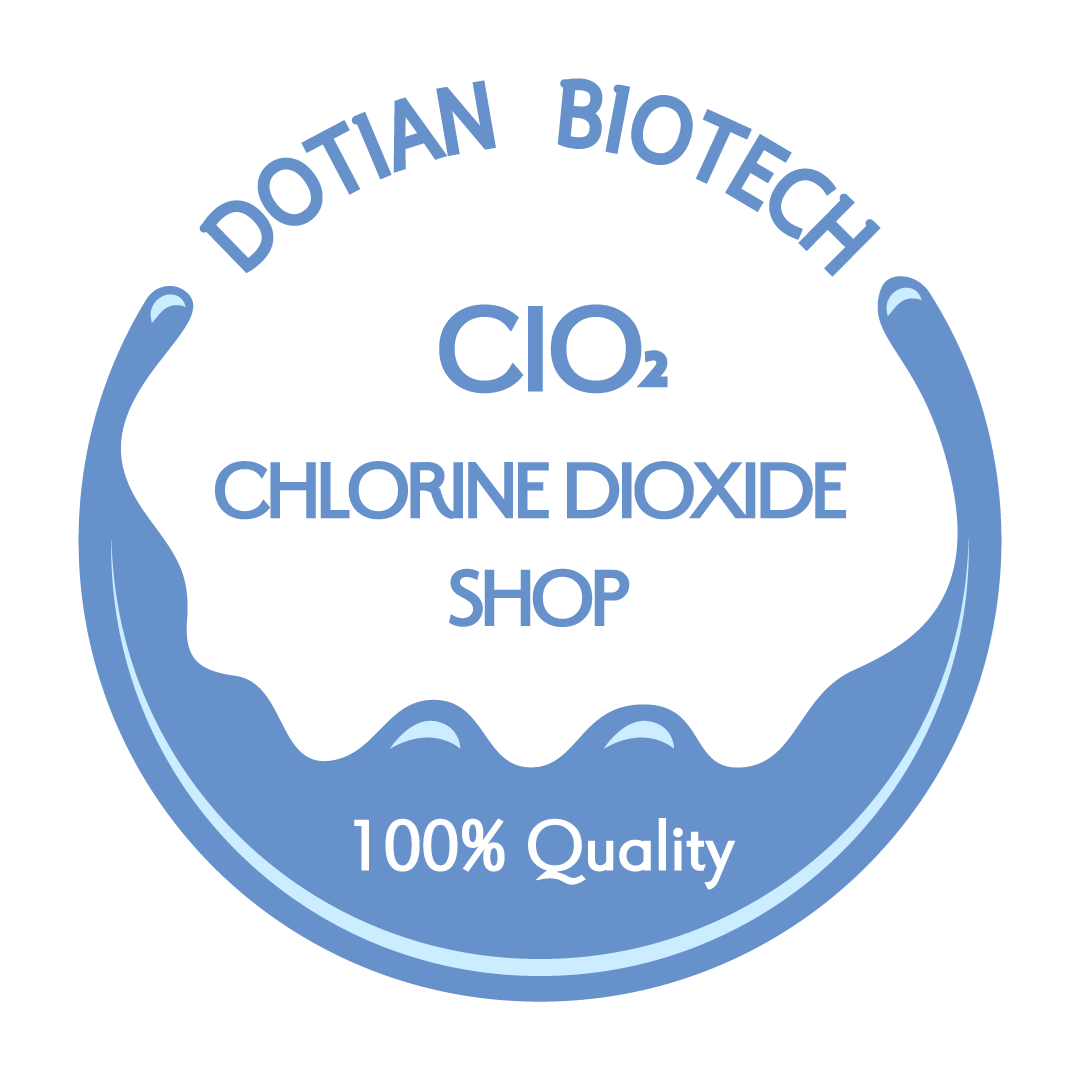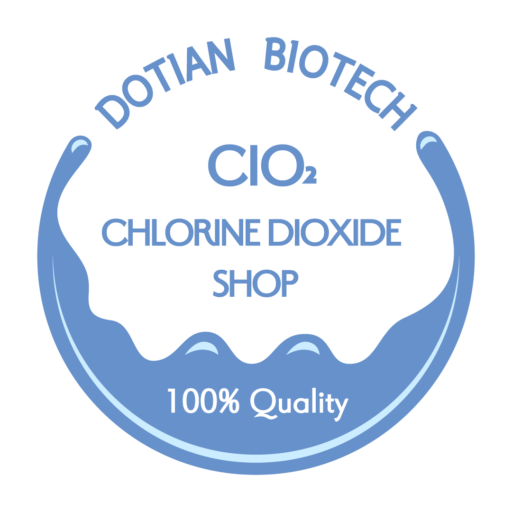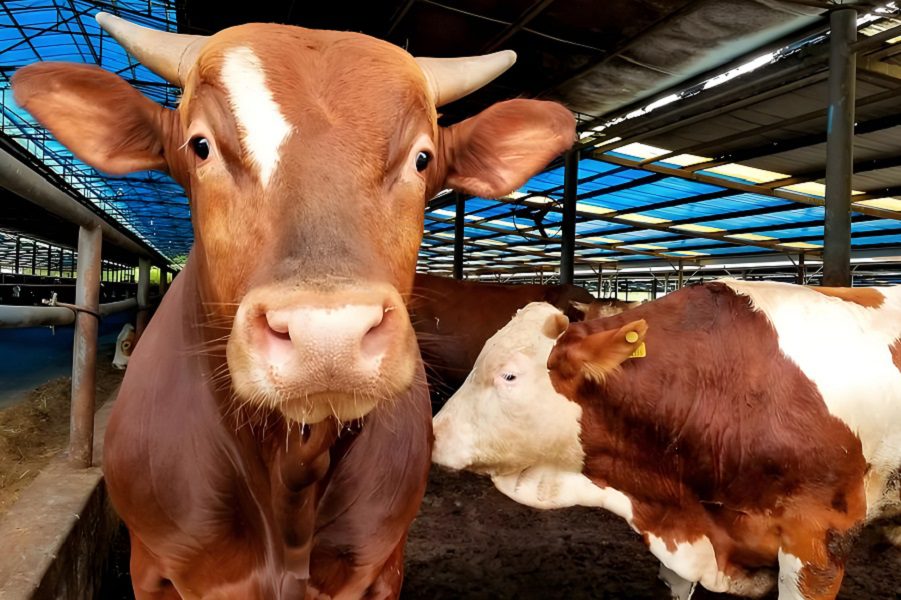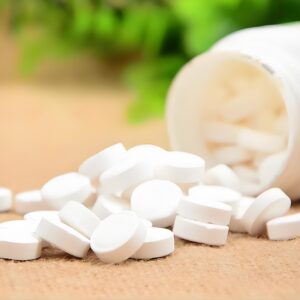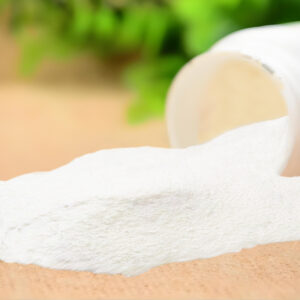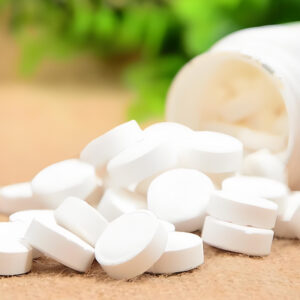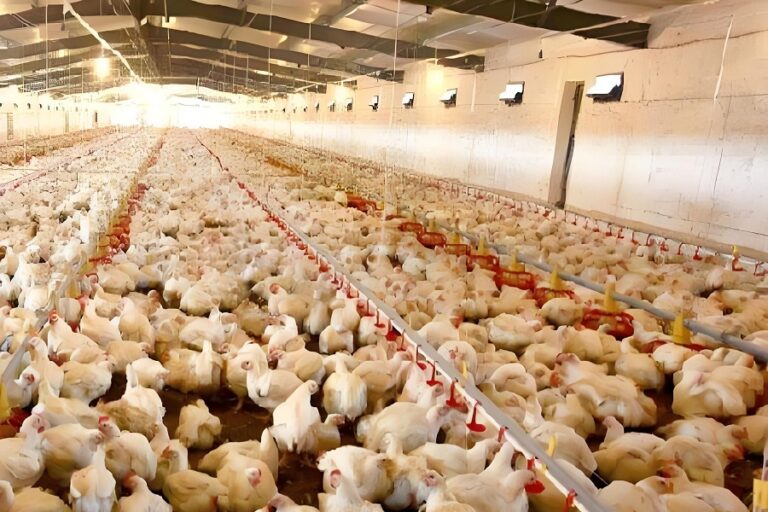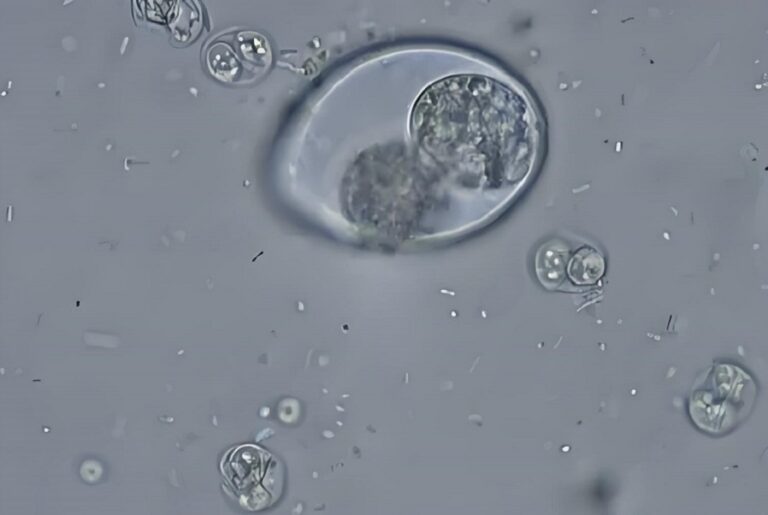Key words: Cattle Farm, Cattle Health, Water Treatment, Environment Disinfection
Cattle farms face numerous challenges, from disease outbreaks to environmental concerns. These problems can lead to significant economic losses and operational inefficiencies. One of the primary concerns in cattle farming is maintaining a hygienic environment to prevent the spread of infectious diseases. Pathogens such as bacteria, viruses, and fungi thrive in the humid, manure-rich environment of cattle farms, posing serious health risks to the livestock. Moreover, traditional disinfection methods often fall short, either because they are not powerful enough or because they leave harmful residues that can affect animal health and farm productivity.
Research indicates that poor sanitation in cattle farms can lead to diseases such as mastitis and respiratory infections. These diseases significantly reduce milk yield and overall animal performance (Smith & Hogan, 2015). These diseases not only impact the health of the cattle but also increase veterinary costs. They will reduce meat and milk quality, and lead to premature culling of animals. The economic losses associated with these issues are substantial, emphasizing the need for an effective and efficient solution.
Chlorine Dioxide as a Solution: Application Scenarios in Cattle Farms
Chlorine dioxide is increasingly recognized as a superior disinfectant in agricultural settings, particularly in cattle farms. DOTIAN® chlorine dioxide effervescent tablets and powder act as chlorine dioxide generators, offering a powerful and environmentally friendly solution to the hygiene challenges faced by cattle farmers. Unlike traditional disinfectants, chlorine dioxide works at a molecular level to eliminate a broad spectrum of pathogens without leaving harmful residues.
In cattle farms, chlorine dioxide can be used in various scenarios, including water treatment, surface disinfection, and air purification. When applied to drinking water, chlorine dioxide ensures that cattle consume clean, pathogen-free water. This is crucial for maintaining their health and productivity. Additionally, using chlorine dioxide to disinfect surfaces such as feeding troughs, barn floors, and milking equipment can significantly reduce the microbial load, thereby minimizing the risk of disease transmission among the herd. Research has shown that chlorine dioxide is effective against pathogens such as E. coli, Salmonella, and Listeria, which are common in farm environments (Dychdala, 2011).

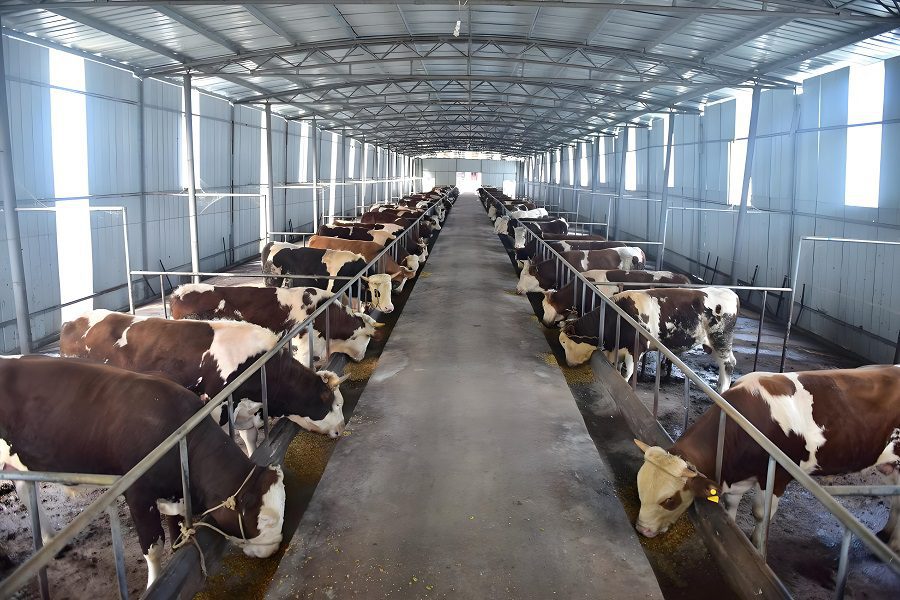
Technical Exploration: How Chlorine Dioxide Addresses Cattle Farm Issues
The technical benefits of using chlorine dioxide in cattle farms extend beyond its disinfection capabilities. Chlorine dioxide is highly soluble in water. This allows it to penetrate and disinfect areas that are typically hard to reach with conventional methods. Furthermore, DOTIAN® chlorine dioxide effervescent tablets and powder are easy to use. They can dissolve quickly and release chlorine dioxide gas efficiently. This ease of application reduces the time and labor costs associated with disinfection processes. This makes it a cost-effective solution for cattle farmers.
From a technical perspective, chlorine dioxide’s mode of action involves the oxidation of cellular structures in pathogens, leading to their rapid inactivation. This process is highly efficient, requiring lower concentrations of chlorine dioxide compared to other disinfectants. It translates into lower chemical usage and reduced environmental impact. Additionally, chlorine dioxide does not react with organic matter to form harmful by-products. It ensures that the farm environment remains safe for both animals and workers.
Environmental and Economic Benefits: The Case for Chlorine Dioxide
The environmental benefits of chlorine dioxide are significant. As an oxidizing agent, chlorine dioxide breaks down into harmless by-products, making it an environmentally friendly choice for cattle farms. Its application reduces the need for harsher chemicals that can contaminate soil and water sources, aligning with sustainable farming practices. Furthermore, the use of chlorine dioxide in cattle farms has been linked to improved animal welfare, which in turn enhances productivity and profitability.
Economically, the adoption of chlorine dioxide generators like DOTIAN® effervescent tablets and powder can lead to substantial savings. By reducing disease incidence and improving overall herd health, farmers can expect higher yields and lower veterinary costs. Additionally, the efficiency of chlorine dioxide in disinfection processes means that less product is needed to achieve effective results, further lowering operational costs. Studies have demonstrated that farms utilizing chlorine dioxide experience fewer disease outbreaks and higher milk production rates, leading to better economic outcomes (Carpenter et al., 2013).
the application of chlorine dioxide in cattle farms offers a powerful combination of technical efficiency, environmental friendliness, and economic benefits. DOTIAN® chlorine dioxide generators, in the form of effervescent tablets and powder, provide a practical solution to the myriad challenges faced by cattle farmers today. By integrating chlorine dioxide into their sanitation protocols, farmers can enhance herd health, reduce operational costs, and promote sustainable farming practices. For more detailed information on how DOTIAN® products can benefit your cattle farm, or to discuss your specific needs, please contact us.
-
1g Chlorine Dioxide Tablet for Poultry Disinfection
-
Chlorine Dioxide Disinfection Tablets
-
Chlorine Dioxide Effervescent Powder Medicine Grade
-
Chlorine Dioxide For Food Processing
-
Chlorine Dioxide Powder Agriculture
-
Chlorine Dioxide Powder Food Grade
-
Chlorine Dioxide Powder for Aquaculture
-
Chlorine Dioxide Powder for Cooling Tower
-
Chlorine Dioxide Powder For Water Treatment
